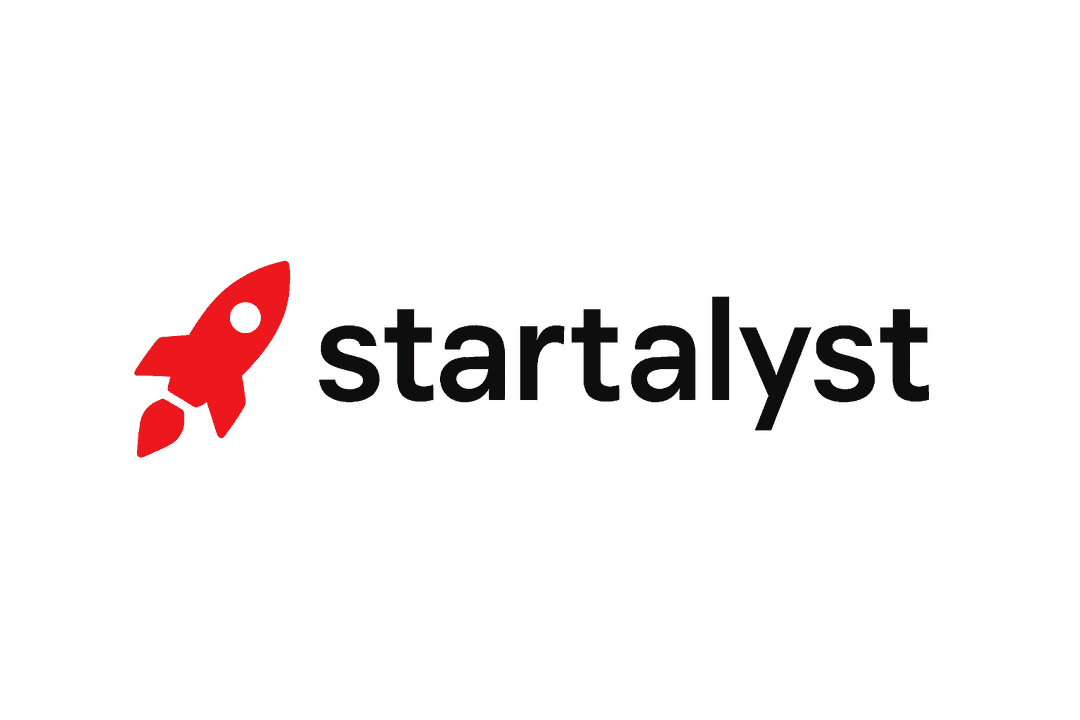Business Ideas For Mums Starter Guide
How to Get the Best Results
Think of this as a quick workshop for business ideas for mums: pick what you already enjoy, test it small, and build from real local demand. Focus on quick wins that respect childcare rhythms, like evening or nap-time work, and lean start methods such as preorders or trial classes.
Use your existing networks of other parents, schools, and community groups to validate offers before investing in equipment or advertising. Small, consistent experiments will reveal which ideas scale with family life and which ones drain your energy.
Step 1 — Who are you?
Start by naming the role you play now and the practical skills you bring; that will narrow business ideas for mums into realistic first steps.
- Stay-at-home parent — time management — You can structure client work around naps and school runs to keep a steady but flexible schedule.
- Primary school teacher — lesson planning — You can create tutoring packages and holiday camps that parents will trust and pay for.
- Part-time retail worker — customer service — You can build a local pop-up or online shop with a strong focus on repeat customers.
- Former chef — food prep — You can launch meal kits or catering for small events with predictable prep windows.
- Graphic designer — visual branding — You can offer logo and social media packages to other mums starting businesses.
- Blogger or social sharer — content creation — You can monetise a niche parenting blog through affiliates and sponsored posts.
- Nanny or childminder — childcare expertise — You can run workshops, classes, or at-home drop-in sessions for local families.
Step 2 — Add interests & skills
List practical interests and skills you enjoy; each one can map to several business ideas for mums when matched with the right audience.
- Baking You can supply school fundraisers, weekend markets, or order-based celebration cakes.
- Photography You can photograph family portraits, maternity shoots, or local product images for other small businesses.
- Crafting You can produce handcrafted toys, nursery decor, or craft kits for gifting.
- Social media You can manage accounts for local shops or build a niche account that attracts sponsored content.
- Organising You can offer decluttering sessions or home admin packages for busy parents.
- Fitness You can run buggy bootcamps, postnatal yoga, or short online programs for new mums.
- Sewing You can make and alter children’s clothes, or create bespoke soft toys on order.
- Gardening You can offer small garden makeovers, potting workshops, or seasonal planting boxes.
- Event planning You can coordinate children’s parties, small weddings, or community fairs with child-friendly touches.
- Web design You can build simple sites for local businesses that need quick, affordable online presence.
- Language skills You can tutor conversational classes or run bilingual playgroups for families.
- Budgeting You can offer simple financial planning sessions for families or run money-saving workshops.
Step 3 — Set available capital
Decide how much you can realistically invest up front; that will determine whether to start with minimal tools and test or to buy equipment and scale faster.
- $200 You can start with materials for a market stall, basic baking equipment, or a simple website template and social ads.
- $200–$1000 You can buy better tools like a professional mixer, camera, or advertising budget to reach more local customers quickly.
- $1000+ You can invest in a studio space, certified training, or inventory to sell wholesale and expand beyond local sales.
Step 4 — Choose weekly hours
Match the weekly hours you can commit to realistic service levels; different time commitments require different business models.
- 5–10 hours You can manage low-touch activities like selling on marketplaces, creating digital products, or tutoring one or two kids a week.
- 10–20 hours You can run regular weekend markets, part-time classes, or an online shop with customer service and stock rotation.
- 20+ hours You can scale to a full small business with multiple clients, recurring services, or hiring help for peak periods.
Interpreting your results
- Look at which combinations repeat: a background, a skill, a budget, and an available time window that all line up point to practical ideas you can try first.
- Prioritise low-cost tests like pop-ups, pilot classes, or presales to confirm demand before spending on equipment or long-term contracts.
- Track simple metrics such as enquiries, conversion rate, and hours spent to see which activities are profitable for family life.
- Be honest about energy and seasonality: some mums will prefer steady part-time income, while others can take short, intense bursts to grow faster.
- Use local groups and word of mouth as your first marketing channel; recommendations from other parents convert faster than paid ads for family-focused offers.
Run the generator above again as you refine your profile and try different mixes; small iterations will uncover the best business ideas for mums that fit your life and goals.
